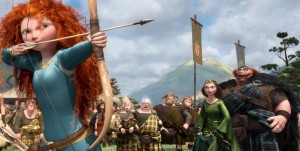
If Pixar is truly a cutting-edge animation studio, why did Brave take seventeen years?
Read more »

If Pixar is truly a cutting-edge animation studio, why did Brave take seventeen years?
Read more »
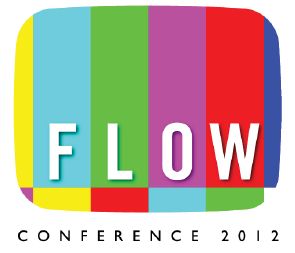
The Flow Conference Committee is accepting roundtable response submissions through July 13.
Read more »
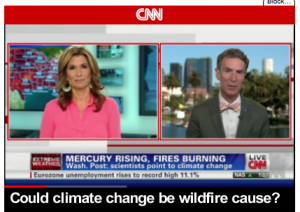
The problem with Carol Costello and other purveyors of manufactroversies is not that they are engaging in debate about climate change, but that they're debating the wrong thing.
Read more »
![The 2012 BET Awards as [Black] Family Reunion](/wp-content/uploads/2012/07/Beyonce2-194x300.jpg)
Its the pairing of disrepute with respectability that makes the BET Awards akin to a Black Family reunion.
Read more »
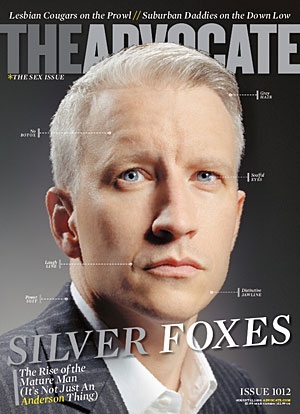
Anderson Cooper addressed his sexuality in a letter that demonstrates a new, old reason to come out: to break down invisibility and become a model for queer youth.
Read more »
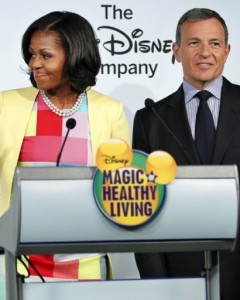
The new "Mickey Check" logo for "Disney-approved" licensed food and beverage products is merely a new take on an old (and problematic) approach.
Read more »
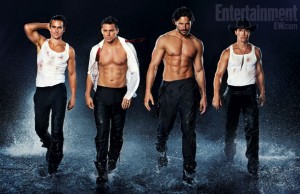
Though it's marketed as a film that promotes the female gaze, Magic Mike's message is a reprimand and a ridicule of the very women whose money it desperately seeks.
Read more »
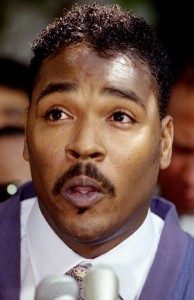
Upon Rodney King's passing, we can remember In Living Color's commentary on police brutality, King's trial, the L. A. Uprising, and how satire makes cultural ugliness palatable.
Read more »
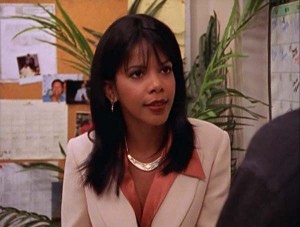
Studying representation was my way into media studies. But laborers aren't working from a script and we can't always visualize the lived realities of their work.
Read more »

While productions like Sport in America champion sport's cultural import, they tend to obscure the conditions that facilitate and restrict sport's apparent capacity to define us.
Read more »
![Why Little Mosque Matters [Part 5]](/wp-content/uploads/2012/06/20081007-lm800-225x300.jpg)
Why does Little Mosque matter to viewers, and why does it matter to television scholars?
Read more »

We not only need to engage with historiographical ideologies and methods in times of shifting temporality and materiality; we need to protect physical media.
Read more »
![Little Mosque on the Prairie and the Challenges of Distribution [Part 4]](/wp-content/uploads/2012/06/key_art_little_mosque-300x116.jpg)
Program buyers in over ninety countries thought their audiences would find Little Mosque worth watching, but the upcoming Hulu premiere is the first time the show had U.S. distribution.
Read more »

London 2012 Olympic mascots Wenlock and Mandeville reveal the changing way that media brands, including the Olympics, are seeking to reconstruct themselves for the converged digital media environment.
Read more »

A preview of the European Football Championship quarterfinal between Greece and Germany.
Read more »
![Little Mosque on the Prairie: Jokes and the Contradictions of the Sitcom [Part 3]](/wp-content/uploads/2012/06/LM_501-502_D6_CK_0376-300x200.jpg)
The conventions of the sitcom that Little Mosque on the Prairie adopted often worked at cross-purposes with humor’s potential to draw people’s assumptions about the world into question.
Read more »